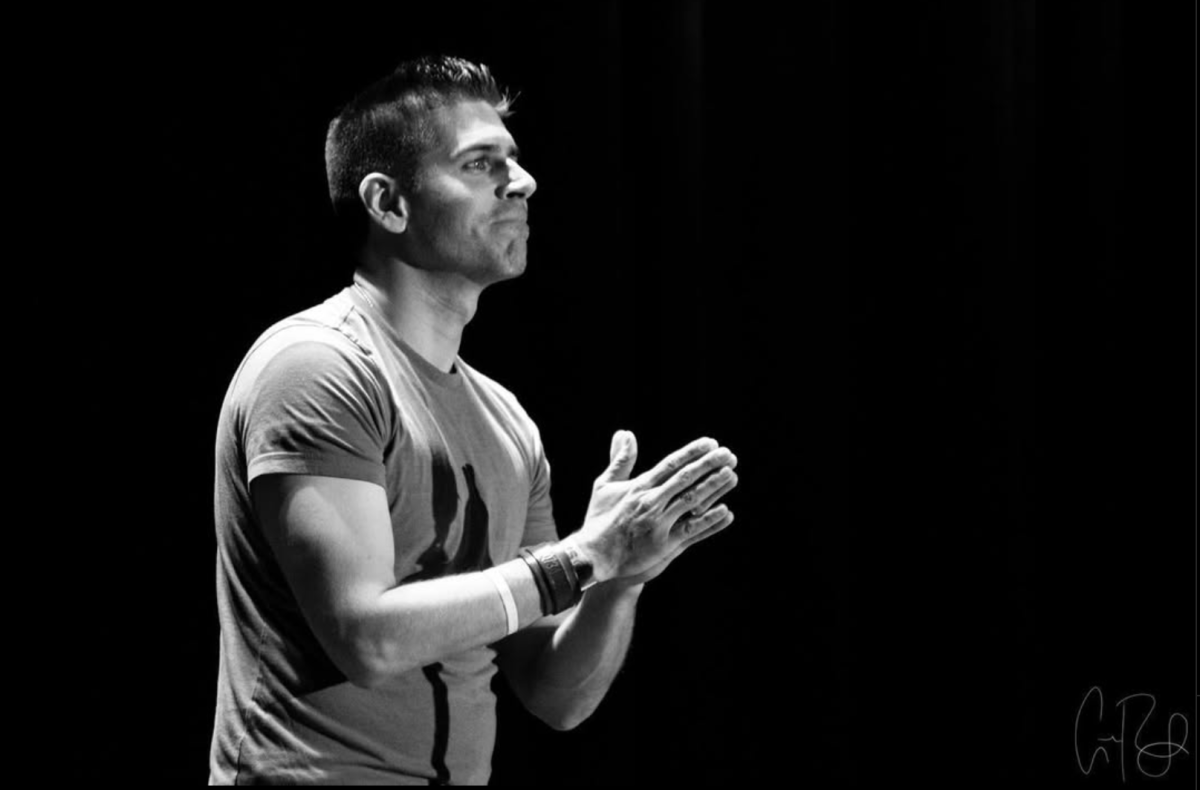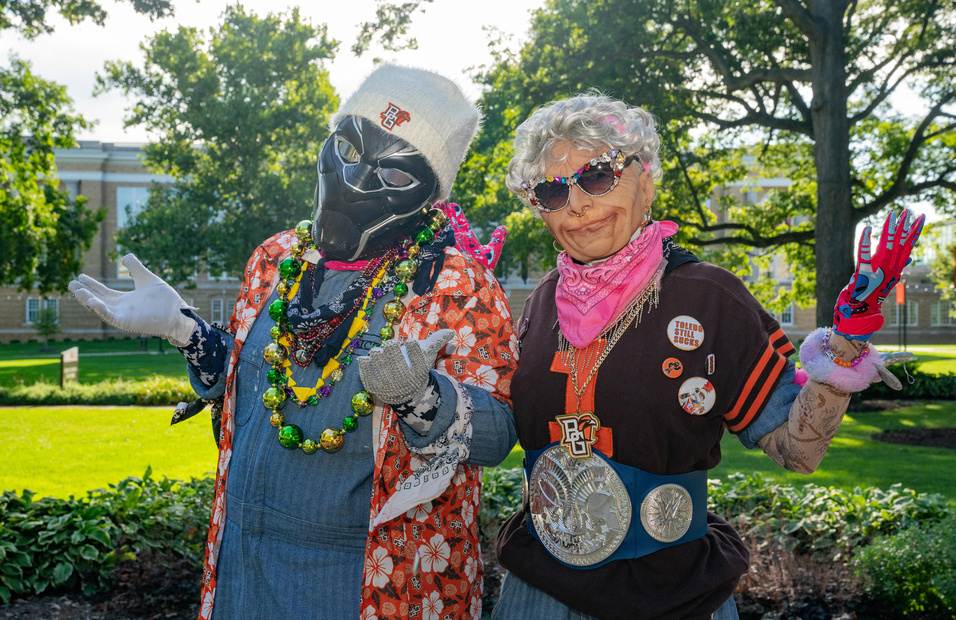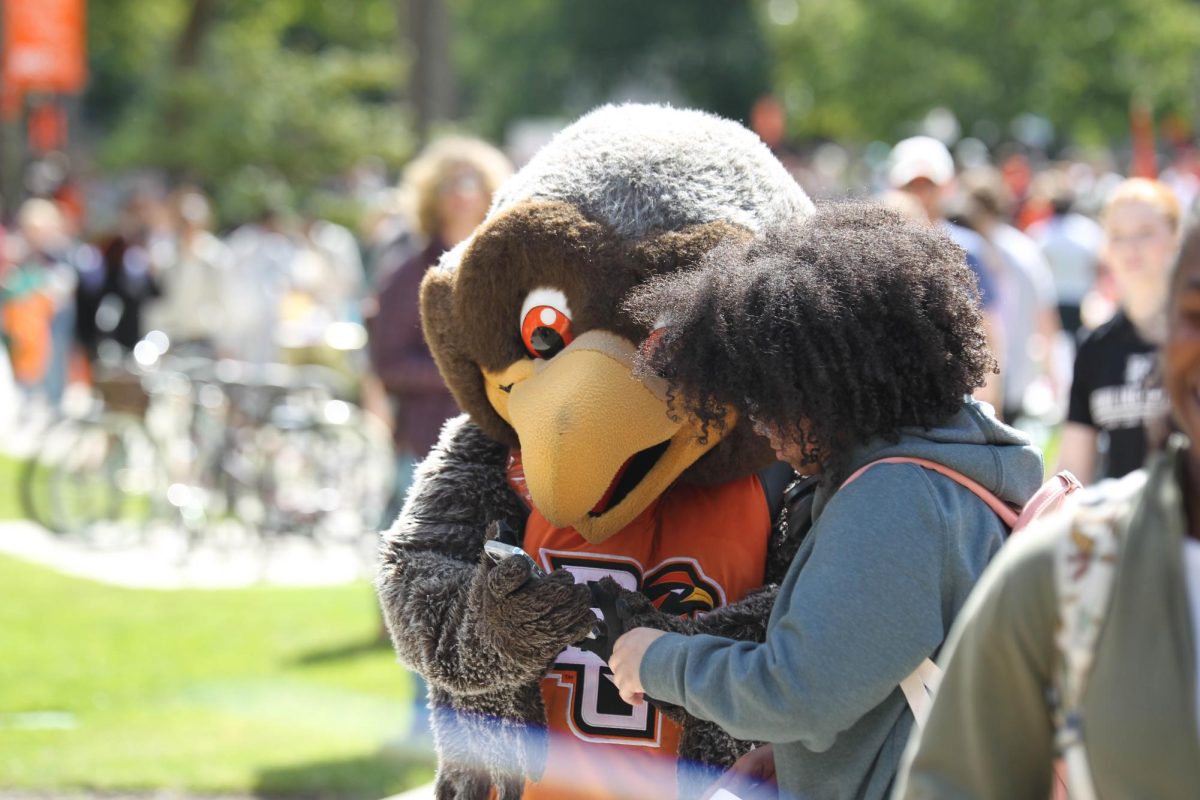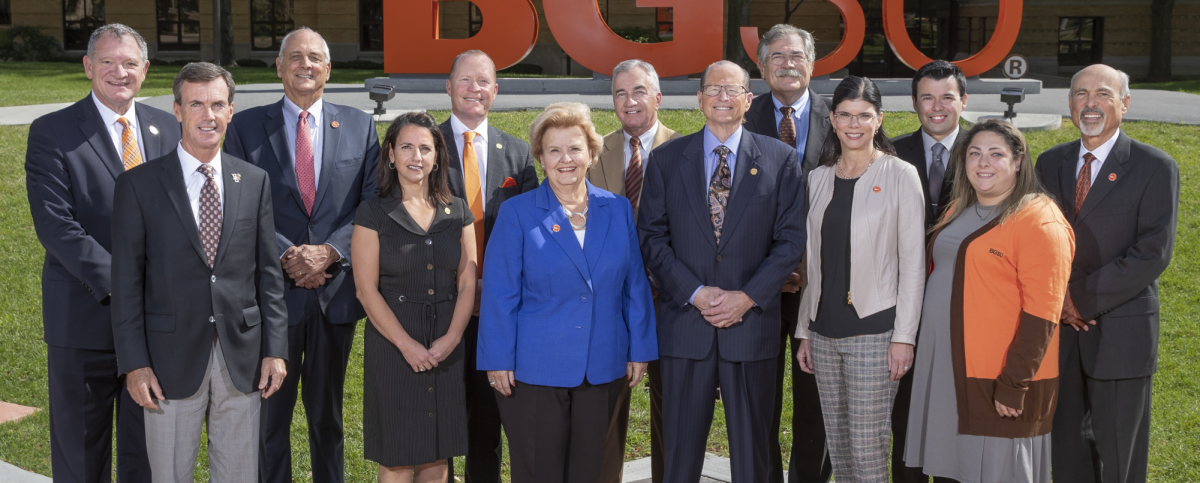The University will be adopting a new system regarding parking on campus in fall 2018. License plate recognition software will be taking the place of rear-view mirror hangtags, according to director of Parking Services Aaron Kane.
“We’ve been watching the technology for the last five, six years and it’s really improved to the point where it works very well, and we decided to adopt it because there’s an actual return on investment, which will pay for itself in less than three years,” he said.
Part of the savings come from the amount of hours that will be saved by Parking Services.
“I hope it improves parking for everyone. Our beginning of the year is so busy for us because we’re mailing out permits, we’re distributing permits, handing them out at the Union… The amount of hours we put into that is really going to be big savings for us,” Kane said.
Another saving factor comes from an environmental focus. With the new system, Parking Services will be able to drop the number of their enforcement vehicles from four to two.
“(That’s) two less vehicles on the road, so we’re able to improve enforcement while still being… environmentally conscious,” Kane said.
The kiosks will also be undergoing changes due to the system change.
“All the kiosks on campus are going from pay-and-display to pay-by-plate, so you don’t have to walk back to your car after you pay for time and put a receipt on the dash that could blow in the wind,” Kane said.
Parking Services is also working with Passport Parking to provide an app for parking. If someone is running late to get to their vehicle and needs to add time, it could possibly be done through the app.
The “pay-by-plate” method is already being used by the city of Bowling Green as well.
“The technology will communicate with our enforcement vehicles, so as soon as you pay for your time our enforcement vehicles know, and as they travel past they know that you’re allowed to be there,” Kane said.
As part of the change, students and faculty will no longer have to wait in a line to pick up their parking passes. The registering process will remain unchanged.
“The registration process will be the same: you’ll go online, register for the time for whenever you want, whether it’s an annual, whether it’s a semester, and that’s it,” Kane said. “No more having to have it mailed to you; no more waiting in lines.”
The new system will also make it easier for community members who park on campus for events. Kane used Open Skate as an example. In the past, community members would have had to park, go in and get a tag or paper permit and walk back out to their car to be able to park.
“Now you just walk inside with your license plate (number); you’ll be able to put your information into the computer, and you’re good for parking for Open Skate,” Kane said.
The system will also apply to those registering for admissions tours, and will hopefully improve the experience of prospective students.
“I’ve been to several universities and that is always my first fear, is where do I park, what can I do, where do I get all this information, and hopefully this will help simplify it,” Kane said.
The system costs around $80,000 but, as Kane said, will pay itself off in around three years.













